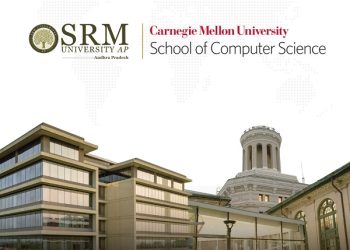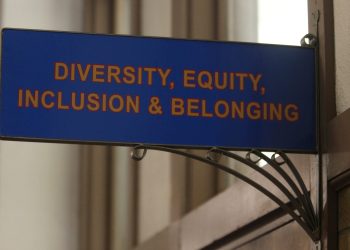In action May 18, the U.S. House of Representatives passed the bipartisan Rural STEM Education Research Act which was introduced by Science, Space, and Technology Committee Chairwoman Eddie Bernice Johnson, D-Texas, and Rep. Frank Lucas, R-Okla., who serves as the ranking member of the committee.
The legislation addresses the inequities faced by rural students that make it harder to access quality STEM education, including giving teachers more resources and training in STEM, engaging students in hands-on education within their communities, increasing access to broadband, and supporting research to improve the quality of STEM learning in rural communities. The House passed H.R. 210 – the Rural STEM Education Research Act – by a vote of 350-75.
STEM – science, technology, engineering, and mathematics, including computer science – education for rural students is not an isolated problem: Nearly half of all schools are considered rural, and more than nine million students, or roughly 20% of all schoolchildren, attend rural schools. And of the 21 million Americans who lack access to broadband, the majority live in rural areas. These barriers set rural students back, making them less competitive in the evolving job market, according to Lucas.
The bill seeks to award grants to nonprofit organizations or higher education institutions for research and development to advance STEM teaching in rural schools. The bill…



























































